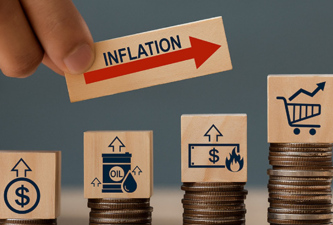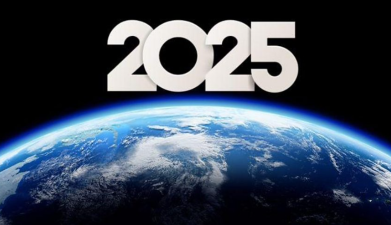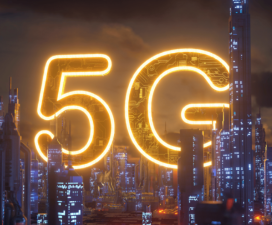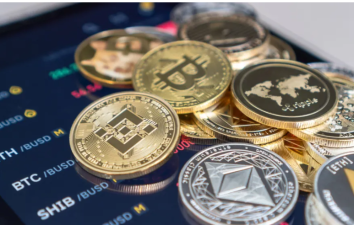Inflation generally refers to: under the condition of paper currency circulation, because the money supply is greater than the actual demand for money. That is, the actual purchasing power is greater than the output supply, resulting in currency depreciation, which causes the phenomenon of continuous and general price increases over a period of time. In macroeconomics, inflation mainly refers to the general rise in prices and wages. The antonym of inflation is deflation.
Inflation generally refers to: under the condition of paper currency circulation, because the money supply is greater than the actual demand for money. That is, the actual purchasing power is greater than the output supply, resulting in currency depreciation, which causes the phenomenon of continuous and general price increases over a period of time. In macroeconomics, inflation mainly refers to the general rise in prices and wages. The antonym of inflation is deflation.
There is an essential difference between inflation and general price increases: the latter refers to the price increase of one or several commodities due to the imbalance of supply and demand. The increase is local, temporary, and reversible, and will not cause currency depreciation; inflation can cause a country's currency to depreciate, and the price increase of its main domestic commodities is universal, continuous, and irreversible.
Causes of inflation: In Keynesian economics, it is believed that changes in total supply and total demand in an economy lead to the movement of price levels; in monetarist economics, it is believed that when the amount of money issued in the market exceeds the amount of money needed in circulation, paper currency will depreciate, prices will rise, and purchasing power will decrease. This theory is summarized as a very famous equation: MV=PT.

Who will benefit from inflation? When inflation comes, it will not be like what everyone thinks, that is, the currency plus zero, and the money in everyone's hands will depreciate together. The real situation is that ordinary people are hurt the most, and those who have no assets but only hold a large amount of currency will suffer double the damage. The beneficiaries are those who got the money first, who can buy when the asset price is low and benefit as the asset price rises. Specifically, 20 years ago, ramen cost 1 yuan, and now it is about 20 yuan; what about the salary of ordinary people? 500 yuan 20 years ago, and now 5,000 yuan. From a macro perspective, there is no change, prices have risen, and my salary has also risen. However, the macro is the macro, and a careful observation of the micro will reveal that there is a huge difference.
Because for so many years, the newly printed money is not distributed to everyone at the same time and evenly, it is always pushed to the market in various names, such as: reserve requirement ratio cuts, loans, special bonds, local bonds, etc. This creates a chain of transmission. For example, a special bond of 100 million yuan is now launched to build a highway. The person who contracts the highway will first earn the 100 million yuan, and then he will use the money to buy a lot of houses or other assets. At this time, the market has not yet reacted, and the price remains at the previous level. With his purchase, the 100 million yuan flows into the market, and asset prices begin to rise. Then the developer makes money and continues to buy building materials, acquire land and build houses. Then the upstream and downstream means of production also begin to rise in price. Then prices and so on also begin to rise. And what about the wages of ordinary people? With the rise of the previous chain, it also began to be slowly pulled in the last link.
Looking at the theories of different schools of economics, whether monetary expansion brings inflation depends mainly on the currency creation model. Fiscal money supply generally pushes up inflation, while private sector credit money supply generally pushes up asset prices. From 1930 to 1980, the broad money and inflation level in the United States grew simultaneously, with an average growth rate of 6.9% for broad money and an average inflation rate of 3.2%. From 1981 to 2019, the broad money supply in the United States continued to grow, but the inflation level declined, with an average growth rate of 6.0% and an average inflation rate of 2.8%.
Inflation has always been highly concerned by macroeconomic policy research and the capital market. It has an extremely important position in the analysis system of the economic situation and the capital market, and is also closely related to the direction of monetary policy.













